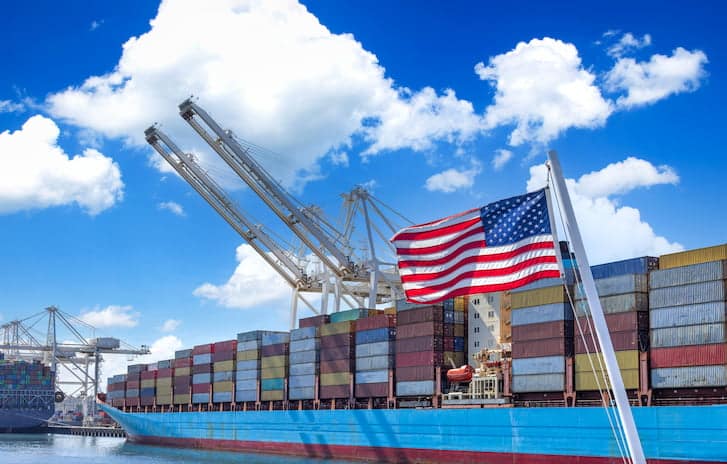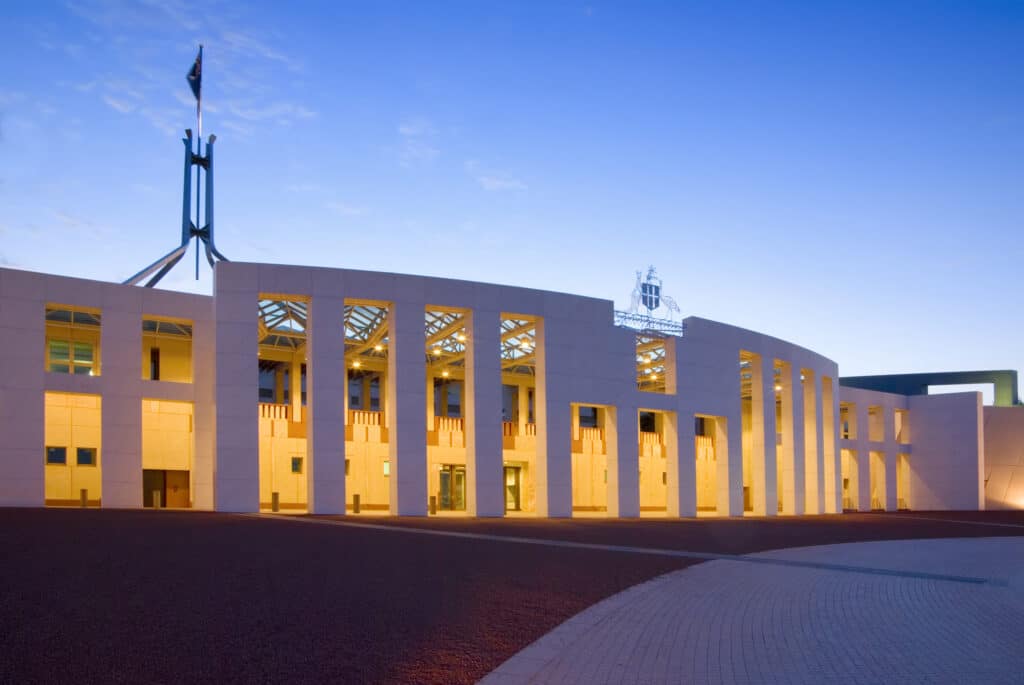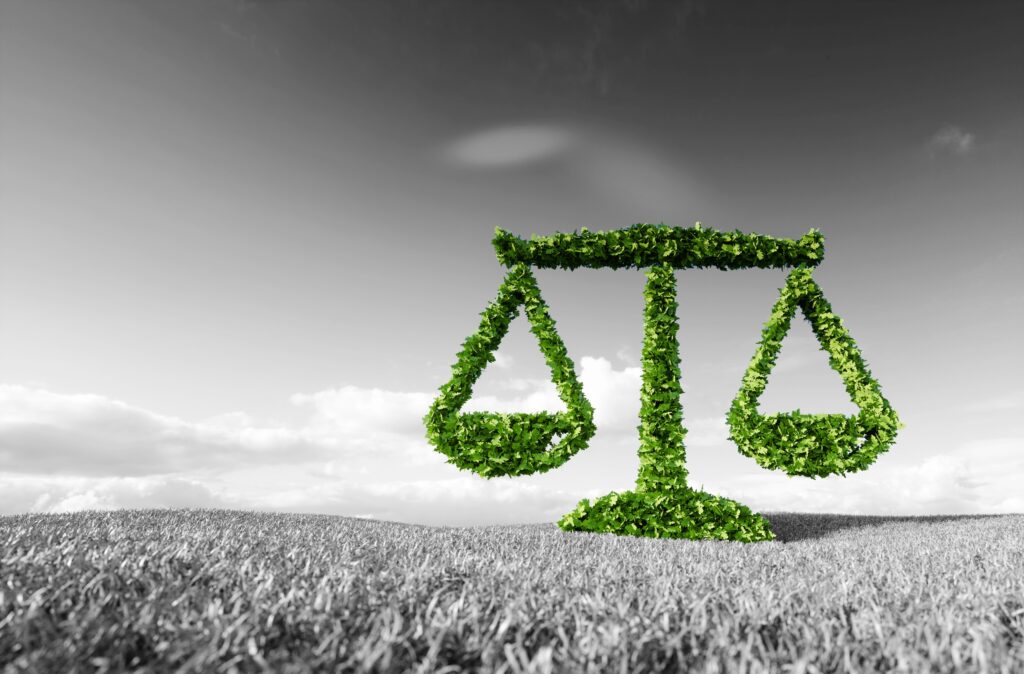Editor’s note: this article was updated on April 24, 2025.
WA businesses are facing a new wave of uncertainty after the US imposed sweeping tariffs on global imports, with almost all Australian exports to the US incurring a 10% tariff.
The White House’s ‘reciprocal tariff’ policy, which took effect on April 5, also affects Australia’s key trading partners at varying rates.
However, on April 9, the Trump Administration announced a 90-day reprieve on most of the reciprocal tariffs and lowered the rate to 10% for countries hit with higher rates, effective immediately.
The 25% tariff on Australian steel and aluminium previously imposed in March remains in place. Pharmaceuticals are expected to incur separate tariffs in the next nine months, which will affect Australia’s US$3.18 billion export industry.
CCIWA Chief Economist Aaron Morey says careful, strategic decision-making will be crucial as governments and businesses navigate the global economic shift.
Direct economic hit
While the duties imposed on Australia are currently the same for other countries, except China, Morey says it’s little comfort to the businesses who export to the US.
WA businesses in agriculture, machinery/equipment, chemicals and minerals will be caught up in the tariffs, but the severity of the impact will be mitigated in multiple ways.
“First, our competitor countries are also facing tariffs,” he says.
“Second, further AUD depreciation will bolster our competitiveness. Third, in some markets the US can’t easily increase domestic production.
“The upshot is we take a direct hit, but for some markets it’s not as bad as feared.”
Impact on our major trading partners
A de-escalation of the ‘tit for tat’ US-China trade war is expected after President Trump said at an Oval Office press conference on April 23 that the massive tariff of 145% on Chinese imports would be reduced “substantially but it won’t be zero”.
He said that Washington and Beijing can “work together” and “we’re going to be very good to China”.
Media speculation suggests a deal could be reached in a few weeks, with the President not planning to “play hardball” in negotiations.
Trade tensions between the two nations reached boiling point on April 11 when China was wacked with the 145% rate and no reprieve. In response, China hiked its own tariffs on US imports to 125%.
Russia and North Korea are the only two countries not to have a tariff imposed.
“China is by some measures the most trade-exposed economy in the world and cannot escape the damage,” Morey says.
“That said, they knew this was coming, and have been preparing for higher tariffs. All up their economy will take a hit, and that will flow through to Australia and WA.
“[Depending on negotiations], the impacts [could] be shallow and broad, cutting across tourism, international education, mining and manufacturing.”
When the US economy sneezes, the world catches a cold

CCIWA Chief Economist Aaron Morey
Morey says there is a high risk the US economy will enter a recession, which is a “big, critical watch point” as it would “drag the global economy down with it”.
“There is no doubting US domestic consumers and producers take a significant hit from these tariffs, slowing US and global growth,” he says.
“But if any country can absorb higher tariffs, it’s the US with its broad industrial base and cheap energy.
“It’s a line ball call, but I’m backing the US economy to avoid a deep, substantive recession.”
What happens next from a geostrategic and political perspective will be crucial, Morey says, with the US Government appearing to be open to negotiation.
“No doubt over the rest of Trump’s term there will be some wind-backs. And countries will scramble to diversify,” he says.
Government and industry response
Morey favours the Australian Government’s tactics to avoid a ‘tit for tat’ trade war as “we’d lose by taking a knife to a gun fight”.
Prime Minister Anthony Albanese on April 3 said: “For Australia these tariffs are not unexpected but let me be clear, are totally unwarranted … [and] have no basis in logic and go against the basis of our two-nations partnership.”
He said the Government could resort to using “dispute resolution mechanisms” in Australia’s free trade agreement with the US.
The Prime Minister later revealed a plan for a Critical Mineral Strategic Reserve to help mitigate the effects of the tariffs on Australia.
The details of the plan are unclear and the response from industry has been mixed, with the Association of Mining and Exploration Companies welcoming it but the Minerals Council of Australia saying it poses risk for investors and miners.
WA Premier Roger Cook backed the Federal Government, saying he would “double down” on diversifying the State’s economy and to make more goods in WA.
“Clearly the first step [of the Government’s response] is to dig the minerals up in the first place,” Morey says.
“If the Government wants that to happen, it can start by developing a better balanced industrial relations system, and ensuring its ‘Nature Positive’ reforms don’t undermine efforts to develop new projects.”
Do you have questions about the tariffs?
CCIWA’s International Trade Services team provides support or advice on trade and investment. Contact the team for a free consultation on (08) 9365 7620 or via [email protected].













